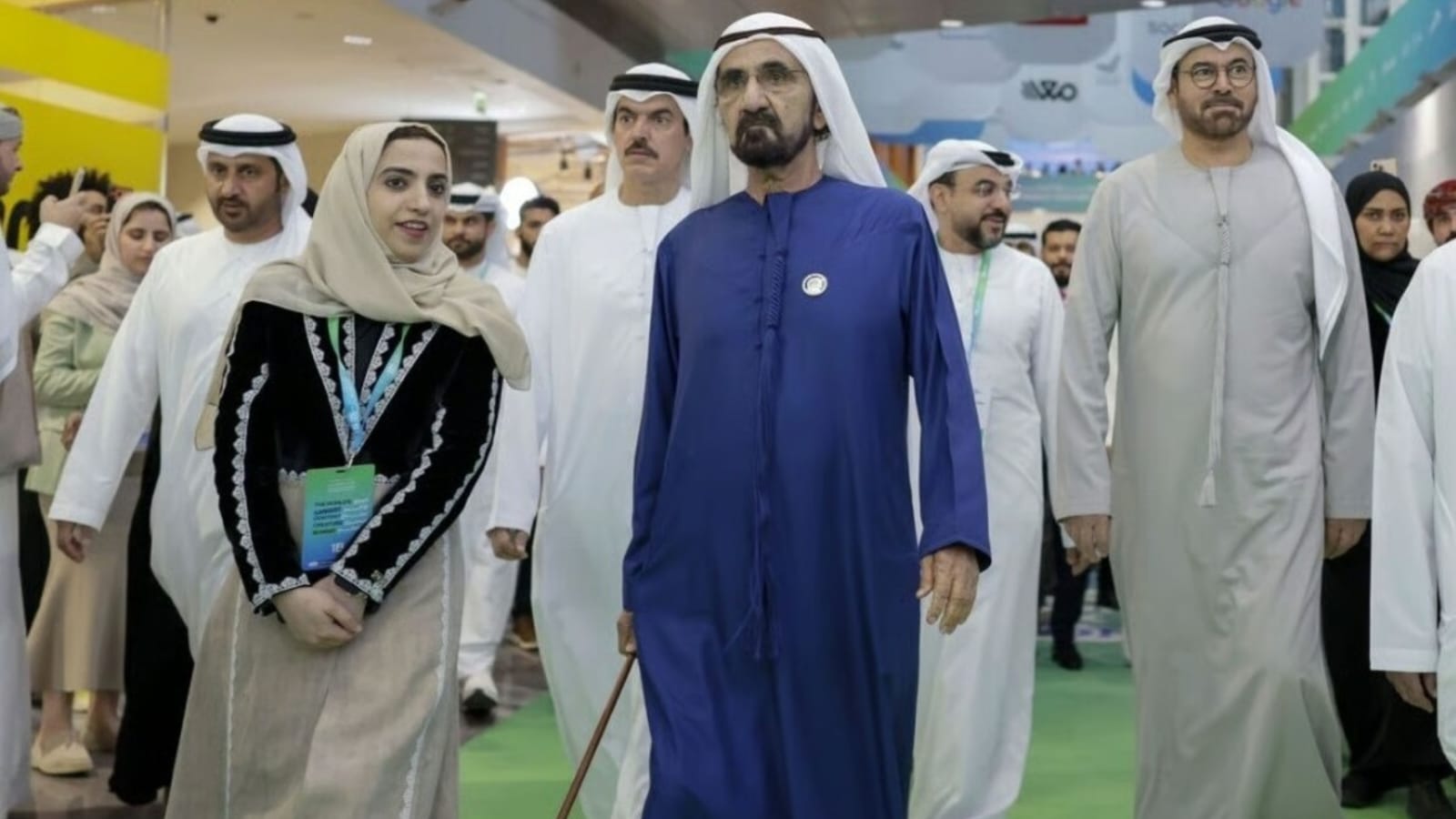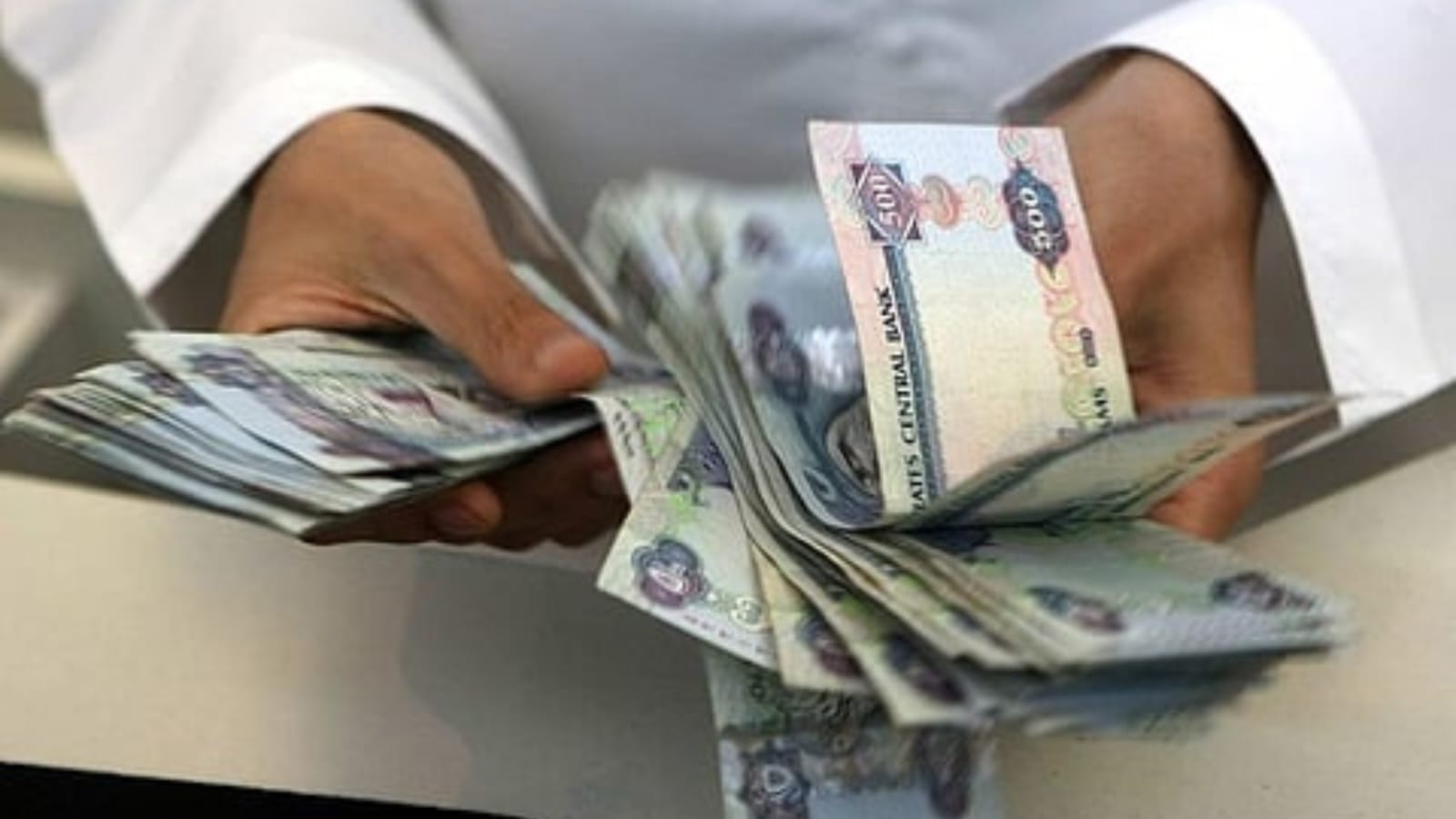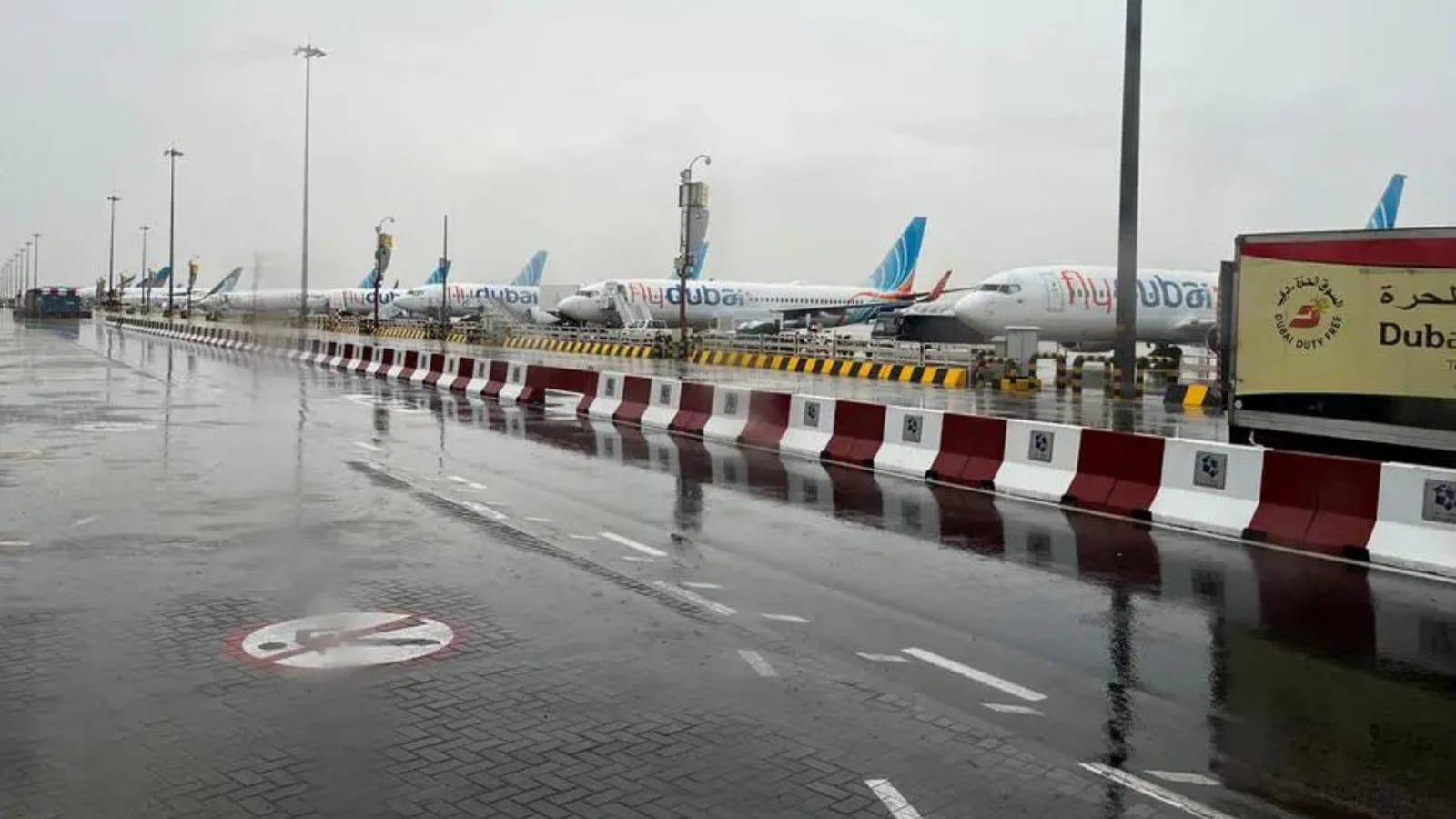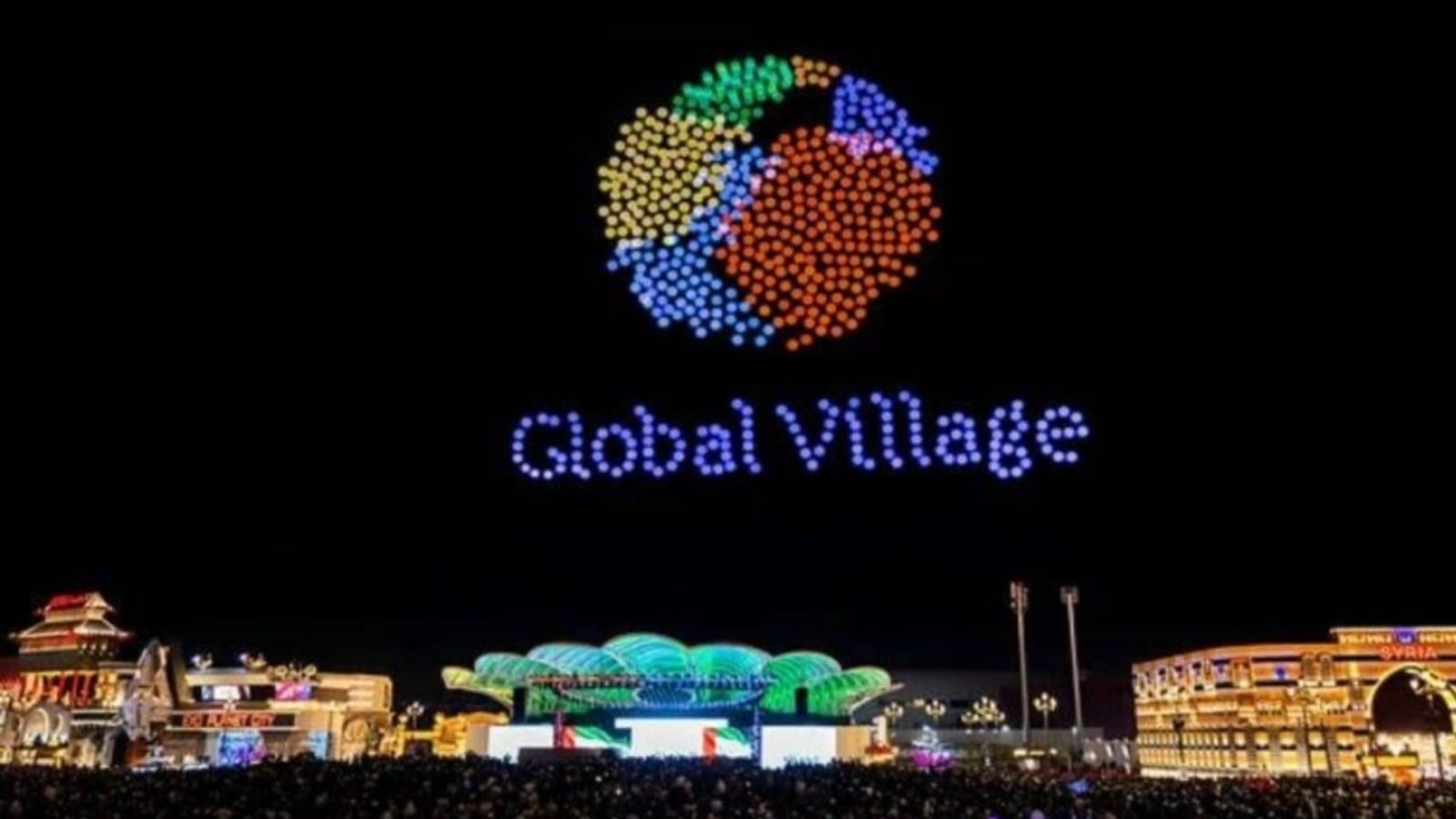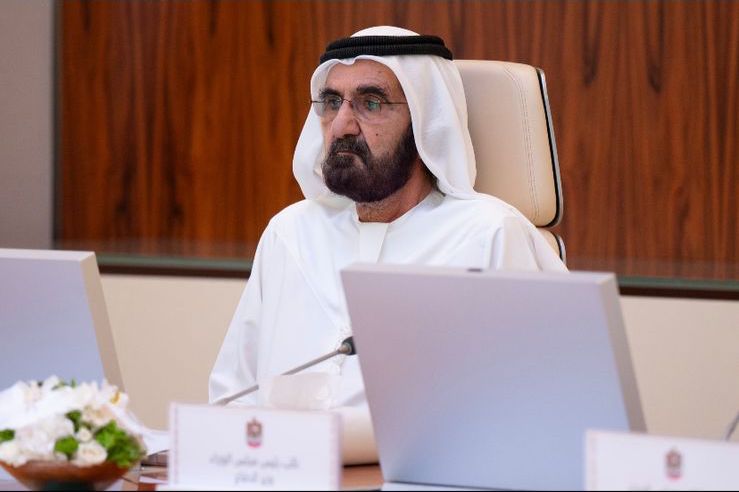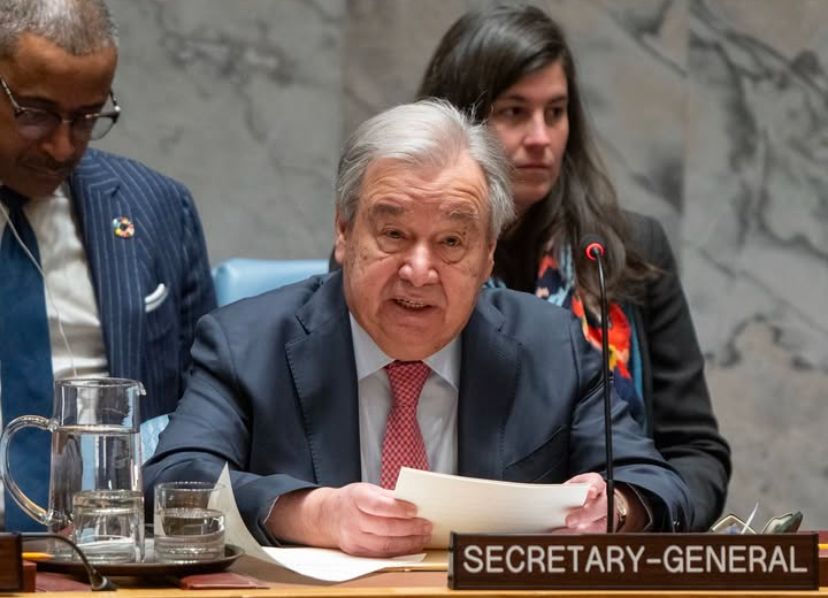Iran Links Diplomacy To End Of Israeli Aggression Amid Crisis
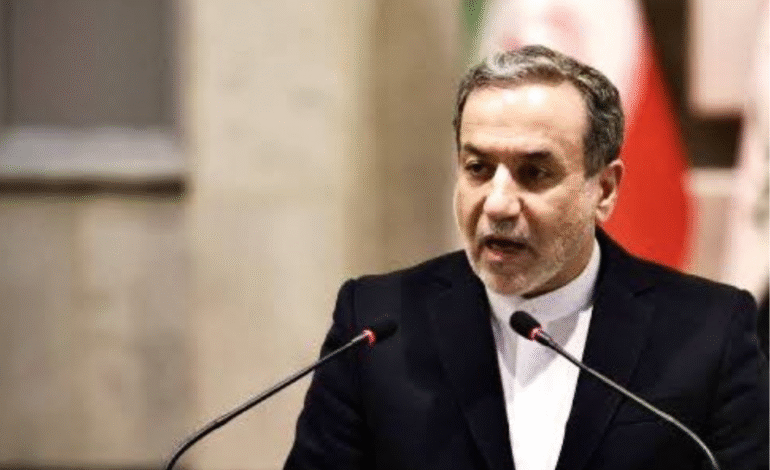
Rising tensions between Iran and Israel have placed the Middle East on edge, with the risk of conflict threatening to spill over into a wider regional crisis. Amid this precarious backdrop, Iran has announced it is ready to revisit diplomatic talks regarding its nuclear program—but only if Israeli military operations cease. This declaration followed discussions between Iranian officials and European diplomats in Geneva, where efforts are underway to pull both nations back from the brink of confrontation. With global powers urging calm, the fragile path to peace appears riddled with challenges.
Iran Sets Conditions for Renewing Diplomatic Efforts
Speaking after high-stakes talks in Geneva, Iranian Foreign Minister Abbas Araghchi outlined Tehran’s stance: diplomacy can only proceed once Israel halts its military operations and faces accountability for what Iran calls aggression. Araghchi reiterated Iran’s commitment to engaging with Britain, France, Germany, and the European Union, expressing hope that dialogue might resume soon if conditions improve.
Tehran’s position highlights a core demand for fairness and mutual responsibility. Iranian leaders argue that true diplomacy cannot succeed amid ongoing threats, and they insist that all sides must contribute to restoring peace and stability.
European Nations Seek To Broker Peace
European powers have long played a critical role in mediating between Iran and Israel. The Geneva talks reflected this ongoing effort, as European diplomats pressed for de-escalation and a renewed focus on peaceful negotiation. The European Union, alongside Britain, France, and Germany, remains committed to salvaging or reshaping a nuclear agreement that can address security concerns while preserving regional stability.
Iran’s conditional willingness to reengage offers a slim opening, but deep mistrust and the specter of further violence cast a shadow over any immediate progress.
Iran Activates Air Defences in Bushehr As Tensions Climb
Amid diplomatic signals, military preparedness on both sides has intensified. Iran announced that its air defense systems in Bushehr—site of a key nuclear facility—were activated. Although Iranian authorities did not elaborate, the action reflects the heightened alert as tensions surge.
Israel, for its part, has stated its military actions are focused solely on preventing Iran from advancing its nuclear weapons capabilities. Israeli leaders have emphasized their desire to avoid any scenario that could lead to a nuclear disaster, while asserting their determination to neutralize perceived threats.
United Nations And Global Powers Call For Restraint
United Nations Secretary-General Antonio Guterres issued a stark warning to the Security Council, cautioning that the ongoing conflict could “ignite a fire no one can control.” His appeal urged all parties to give peace a chance before hostilities escalate beyond control.
Russia and China echoed this message, calling for an immediate halt to military actions and a return to diplomatic channels. Both nations emphasized that continued confrontation poses a grave danger to regional and international stability.
Iran Holds Firm on Uranium Enrichment Rights
A senior Iranian official added another dimension to the ongoing talks, stating that Iran is open to discussing limitations on uranium enrichment. However, the official made clear that Iran will reject any proposal demanding it cease enrichment entirely, especially amid active Israeli military strikes.
Iran maintains that its nuclear program serves peaceful purposes such as energy production and medical research. Nevertheless, these assurances have failed to ease international concerns, particularly in Israel, where fears persist about potential weapons development.
Israel’s Deep-Seated Skepticism of Iranian Intentions
Israeli Foreign Minister Gideon Saar voiced strong doubts about Iran’s sincerity in negotiations. Speaking from Haifa, Saar pointed to what he described as Iran’s track record of dishonest diplomacy. According to Saar, Iran’s offers of negotiation are little more than stalling tactics designed to mask its true intentions.
This deep-seated mistrust has shaped Israel’s security posture, reinforcing its preference for decisive action over reliance on diplomatic promises. The lack of trust remains one of the biggest hurdles in moving toward meaningful talks.
The High Stakes of Middle East Diplomacy
The fragile situation between Iran and Israel illustrates how close the region is to the edge of a larger conflict. While Iran’s conditional readiness for talks and Europe’s mediation efforts provide small signs of hope, the risk of further escalation looms large. The military actions, coupled with harsh rhetoric on both sides, make de-escalation a complex and delicate task.
The coming days and weeks will be critical. Decisions made by Tehran and Tel Aviv will determine whether diplomacy can regain ground or whether the region will slide further toward confrontation. The world watches anxiously as efforts continue to prevent a conflict that could have devastating global repercussions.

